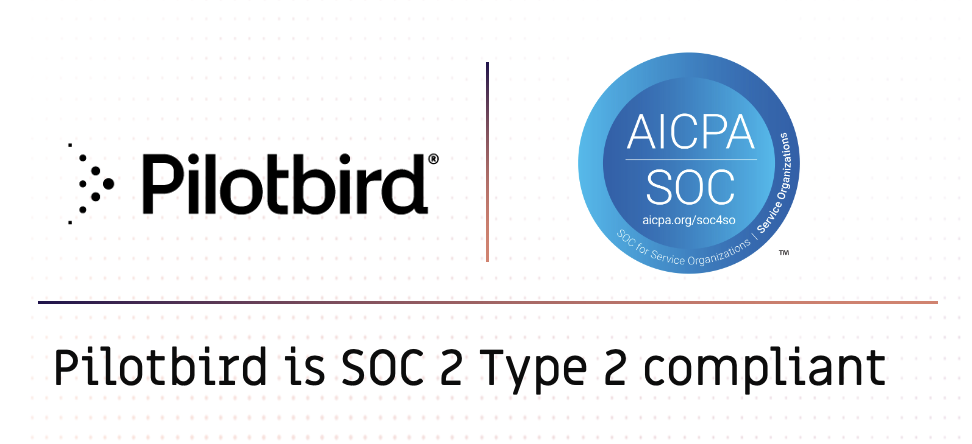Most people working in the insurance industry have experienced some form of insurance fraud. From faking death in order to receive life insurance benefits to individuals cashing checks of a deceased disability recipient, fraudsters have a lot of tricks up their sleeves when it comes to insurance fraud– and this vice is costing insurance companies a great deal of money. This post will focus on how much money claims fraud costs an average insurance company and why advanced insurance fraud detection is key.
What Is Insurance Fraud?
Insurance fraud takes different forms and isn’t limited to serious acts of deception. Here are some examples of insurance fraud:
- A policyholder claiming that their stolen radio was larger and newer than it actually was.
- An employer misclassifying employees to avoid paying a worker’s compensation insurance premium.
- A life insurance policyholder faking their death to receive a death benefit.
- A policyholder filing an insurance claim for damage after intentionally setting their home on fire.
- A medical facility billing for unneeded lab tests and medical services that weren’t provided.
- A policyholder submitting false or inflated claims to their insurer after theft or an accident occurs.
- An individual cashing checks of a deceased disability recipient.
- An individual purposefully inflicting an injury on themselves to obtain group or individual disability benefits.
- An employee faking illness or job injury and using their worker’s compensation benefit to receive payment for medical costs.
In short, insurance fraud occurs when a policyholder intentionally misleads an insurance company for the purpose of making money.
Insurance Fraud Cost: How Effective Detection Can Save Billions
How Does Insurance Fraud Affect Premiums?
According to the Coalition Against Insurance Fraud, approximately $80 billion in fraudulent claims are made in the U.S annually. This figure includes all forms of insurance. It is estimated that Healthcare alone costs Americans $54 billion annually. In fact, reports have shown that a quarter of medical practitioners exaggerate the illness of their patients to lengthen the time a patient spends being admitted to a hospital. The Coalition also reports that more than one-third of people injured in auto accidents exaggerate their injuries.
The massive deficit that arises from insurance fraud directly translates to an increase in premiums. According to the FBI, the average American family spends an extra $400 to $700 on premiums annually due to insurance fraud.
Fighting Insurance Fraud
Insurance fraud has been in existence from when insurance organizations emerged. There are different crimes that usually go unnoticed and cost insurance companies a lot of money yearly. Over the years, insurance companies have adopted the use of machine learning to curb insurance fraud. Read on and have a look at how machine learning helps detect fraud.
Machine Learning: A Big Step in Fraud Detection
Machine learning is a big part of AI (Artificial Intelligence). AI creates a computerized system that can effectively engage in complex analysis to not only replace human input but to enhance it.
Machine learning applies AI to enable systems to learn and optimize their experience with little or no extra programming. For the systems to achieve this, they have to analyze and label insurance data sets.
Some of the benefits that machine learning brings to the evaluation and resolution of insurance fraud include:
- It accurately detects all claims suspected to be fraudulent.
- It processes data over a short period.
- It can identify where connections exist between various factors that might not be identifiable to the human eye.
- It continually revises various data sets and applies variations in data analysis to anticipate and discover new fraud schemes.
- It uses and synthesizes data from various sources.
The most prominent type of machine learning applied in fraud detection in the insurance industry is deep anomaly detection. It works by examining genuine claims made by a policyholder and then forming a model of what a typical claim should look like. The model is later applied to a large data set.
Insureres can also use other aspects of AI like predictive analytics to detect anomalies in insurance claims. Predictive analytics works in a similar way to machine learning except for the fact that its initial data set will be more specific.

How Are Health Insurance Fraud Claims Detected?
Health insurance fraud detection is a critical task. Traditional heuristic-rule based fraud detection techniques are unable to identify complex fraud schemes such as fraudulent disability claims and workers’ compensation claims. Such fraud demands the use of more sophisticated analytical approaches and techniques which are capable of detecting fraudulent activities from large databases.
As the number of electronic claims continues to increase, detecting insurance fraud on time using manual methods alone is becoming increasingly difficult. Insurers need predictive models to identify high-risk claims to avoid incurring losses from fraudulent health insurance claims.
How Data Analytics Helps With Fraud Detection and Deterrence
As outlined above, insurance fraud can take different forms and can lead to a company losing a lot of money. That said, data analytics is an excellent tool for detecting fraud. The most significant benefit of using fraud analytics in insurance is that it can handle large data sets at once.
The data will help insurers identify which types of claims and customers are more fraudulent and how to deal with them swiftly. Data analytics also helps with tracking trends and potential problems much faster compared to traditional methods.
Here is a breakdown of some of the advantages of using data analytics to detect fraud:
- It automates repetitive tests, thereby saving insurers a lot of time.
- It helps search 100% of the claims automatically for any indications of fraud.
- It makes it possible to normalize, merge, and compare data sets from different systems.
- It identifies fraud quickly before it occurs, thereby saving insurers a lot of money.
- It realigns resources to focus on fraud detection efforts on suspicious claims.
- It enables insurers to calculate the impact of fraudulent claims more accurately.
- It minimizes the risk of not assessing claims accurately and optimizes the overall claim processing procedure.
How to Prevent Insurance Fraud
Insurance companies are battling fraud detection through fraud detection analytics, training their employees on how to identify possible fraud, and educating consumers about fraud claims. The Coalition Against Insurance Fraud recommends the following additional measures to curb insurance fraud:
- Demanding detailed bills for medical services.
- Extensively investigating a claim before beginning to process it: Only settle claims where the policyholders incurred a loss or any injury as a result of the event they were insured against occurring.
- Seek the services of claim investigators to determine the viability of a claim.
- Most importantly, use technological tools to investigate claims.
When you’re ready to unlock better insurance fraud detection, contact Pilotbird for a free demo.
Sources
Coalition Against Insurance Fraud: Fraud Stats. https://insurancefraud.org/fraud-stats/
FBI. Insurance Fraud Report. https://www.fbi.gov/stats-services/publications/insurance-fraud
The Daily Record. (2014, May). The Real Cost of Insurance Fraud. https://stonebridgebp.com/library/uncategorized/the-real-cost-of-insurance-fraud/
Crime + Fraud. (2021, November 18). Background on Insurance Fraud. https://www.iii.org/article/background-on-insurance-fraud
Markovskaia, N. (2020, July 9). Detecting Insurance Fraud With Machine Learning. https://www.plugandplaytechcenter.com/resources/detecting-insurance-fraud-machine-learning/
Reuters Events. The Role of Data and Analytics in Insurance Fraud Detection. https://www.reutersevents.com/insurance/fraud/role-data-and-analytics-insurance-fraud-detection
The Washington Post. Healing vs Honesty? For Doctors, Managed Care’s Cost Controls Pose Moral Dilemma https://www.washingtonpost.com/wp-srv/business/longterm/ethics/ethics1.htm
ABC News. Doctors Advised on Insurance Fraud. https://abcnews.go.com/Business/story?id=88028&page=1



Leave a Comment
Your email address will not be published. Required fields are marked *